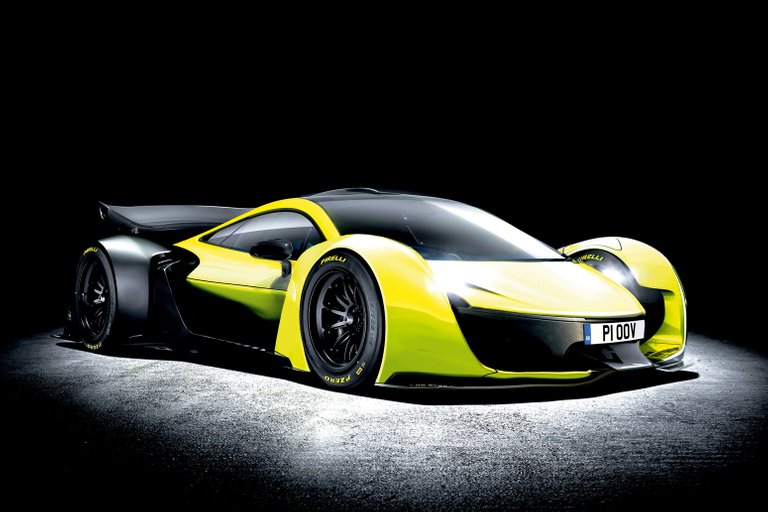If this doesn't mark the end of the internal-combustion engine (ICE) as we know it, I don't know what does. I can't say I'm shocked (pun intended) or surprised, but I didn't expect it to happen so soon. Well, relatively soon I mean.
McLaren is now officially working on their first all-electric supercar, but it will be a while before we even see the thing in the flesh. The hybrid P1 was a great stepping stone towards the first true McLaren EV, but the amount of research and development for an EV supercar required is simply staggering.

We all know that battery technology is progressing at an alarming rate, but it's not heading in exactly the right direction for manufacturers like McLaren. An ordinary car prioritizes range and efficiency over raw performance, but the opposite holds true for a super or even a hypercar.
The amount of energy required for high-performance track work is borderline ridiculous. A lot of EVs can manage 200 or even 300 miles of road driving nowadays, but that figure would drastically drop to below 100 if you're putting it through its paces on a track. For a half-hour session on the race track, an EV would have to have a range of over 500 miles just to not run out of juice.
A lot of emphasis is placed on energy-dense batteries rather than the battery's power density. The former's main goal is range, hence why most manufacturers choose to invest in that area. If we are to see really fast and capable EV supecars though, it's the latter we need to be concerned about.
McLaren hasn't even hinted at a release date for their EV, but in my opinion, it will be the better part of a decade before we see a fully-functioning electric supercar with no drawbacks or issues.
@originalworks
The @OriginalWorks bot has determined this post by @stefanpetrov to be original material and upvoted it!
To call @OriginalWorks, simply reply to any post with @originalworks or !originalworks in your message!